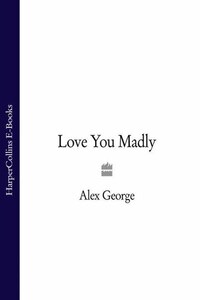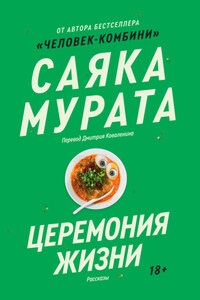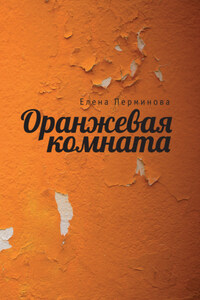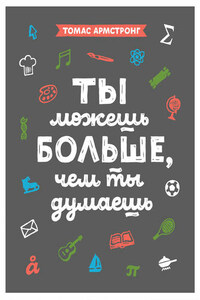I gaze at the solitary stalagmite of calcified chewing gum six inches in front of my face and wonder whether this was such a good idea.
The column of gum sprouts incongruously out of the carpet, a tiny grey phallus. Nearby lie two chocolate-covered raisins, an old Fruit Pastille, and a sprinkling of spilled popcorn. The carpet rubs against my cheek as I contemplate this eclectic menu.
When the lights finally go down, I gingerly pull myself up from my hiding place on the floor, and sink silently into my seat. A stark, sombre chord echoes through the cinema, and the dirty wooden sign materialises on the screen, barely legible in the half-light: No Trespassing. The ghostly silhouette of Xanadu emerges from the fog as the music rises to a strident crescendo. Then those famous lips fill the screen and whisper their anguished elegy to a lost childhood. Rosebud.
As the film’s opening images crash on to the screen, instead of the usual shiver of delightful anticipation, I feel nothing but cold, gnawing anxiety.
Upturned empty seats stretch out on either side of me, easy escape routes in both directions. The auditorium is almost deserted. I watch the solitary figure ten rows ahead of me. My wife’s arm stretches into the carton between her knees as she rhythmically shovels handfuls of yellow popcorn into her mouth. I gaze at her flickering silhouette.
What is she doing here?
I was introduced to the delights of Citizen Kane on my first date with Anna, while we were still at university. She didn’t suspect then that we would eventually marry and do all that happy-ever-after stuff. (Me, I knew. I’d already known for months.) Anna was a big film buff back then, and she told me, half serious, that she couldn’t go out with anyone who didn’t love Orson Welles. I nervously confessed that I’d never seen any of his films. Shocked, she insisted on taking me to see Citizen Kane, which was showing in a small repertory cinema in north Oxford. I agreed, blinking in disbelief: this girl had even spared me the anguish of asking her out, that ritual dance with the spectre of impending humiliation.
After the film, I lavished extravagant praise on its radical camera angles, the playful chronology, the myriad techniques which Welles had borrowed from his earlier experiments in radio. This spontaneous and instinctive criticism was delivered in a breathless, hurried monologue, and poached verbatim from a film guide that I had anxiously studied that afternoon in Blackwells. It didn’t fool Anna for a moment, of course, but something about the nervy chutzpah of my performance persuaded her to accept my dry-mouthed invitation to dinner later that week.
Once she had decided that I was going to be worth the effort, Anna launched me on a crash-course in film history. She dragged me to countless screenings of old films, all fabulously obscure and exotically subtitled. I went along in a haze of ecstatic bewilderment. We could have been watching paint dry, for all I cared; I just wanted to be with her.
Still, I paid attention. After a few months, I was able to spot abstruse cinematic references at fifty paces, with one eye on the screen and one hand down Anna’s knickers. I could distinguish Kurosawa from Kubrick, Peckinpah from Polanski. But I still loved Citizen Kane the most. Its story of a vain, lonely man in search of love pinned me back in my seat every time. And, of course, it was the flame that first welded our lives together.
I watch Anna as she impassively guzzles popcorn, her face tilted towards the screen like a flower to the sun. By now I thought I would be shadowing her through the infernal misery of an Oxford Street Saturday afternoon. But when she left the flat, rather than turning towards the Tube station, she strode purposefully in the direction of Haverstock Hill. She arrived in front of the cinema exactly ten minutes before the film was due to begin, and stepped inside without a moment’s hesitation. It was all too neat to be a coincidence, too convenient to be excused as a sudden change of plan. Besides, Anna is hardly the impulsive type. Which means that her story about the shopping trip was a considered, deliberate lie.
Suspicion and fear cloud my thoughts.
This was a mistake. I should not be here. Forgive me my trespass.
But what’s done is done: the past slams shut behind us.
After an hour I slip quietly out of the cinema. As I walk back towards Camden in the winter sunshine, I try and assimilate what I have seen. Questions ricochet around my head. Why is Anna not shopping? What possible reason could she have to lie to me?
Back in the flat, my worries continue to smash into each other, causing a multiple pile-up at the front of my brain. I collapse on to the sofa, thinking black thoughts.
Today, of all days.
Anna arrives home at half past six. She kisses me on the cheek, and lights a cigarette.














